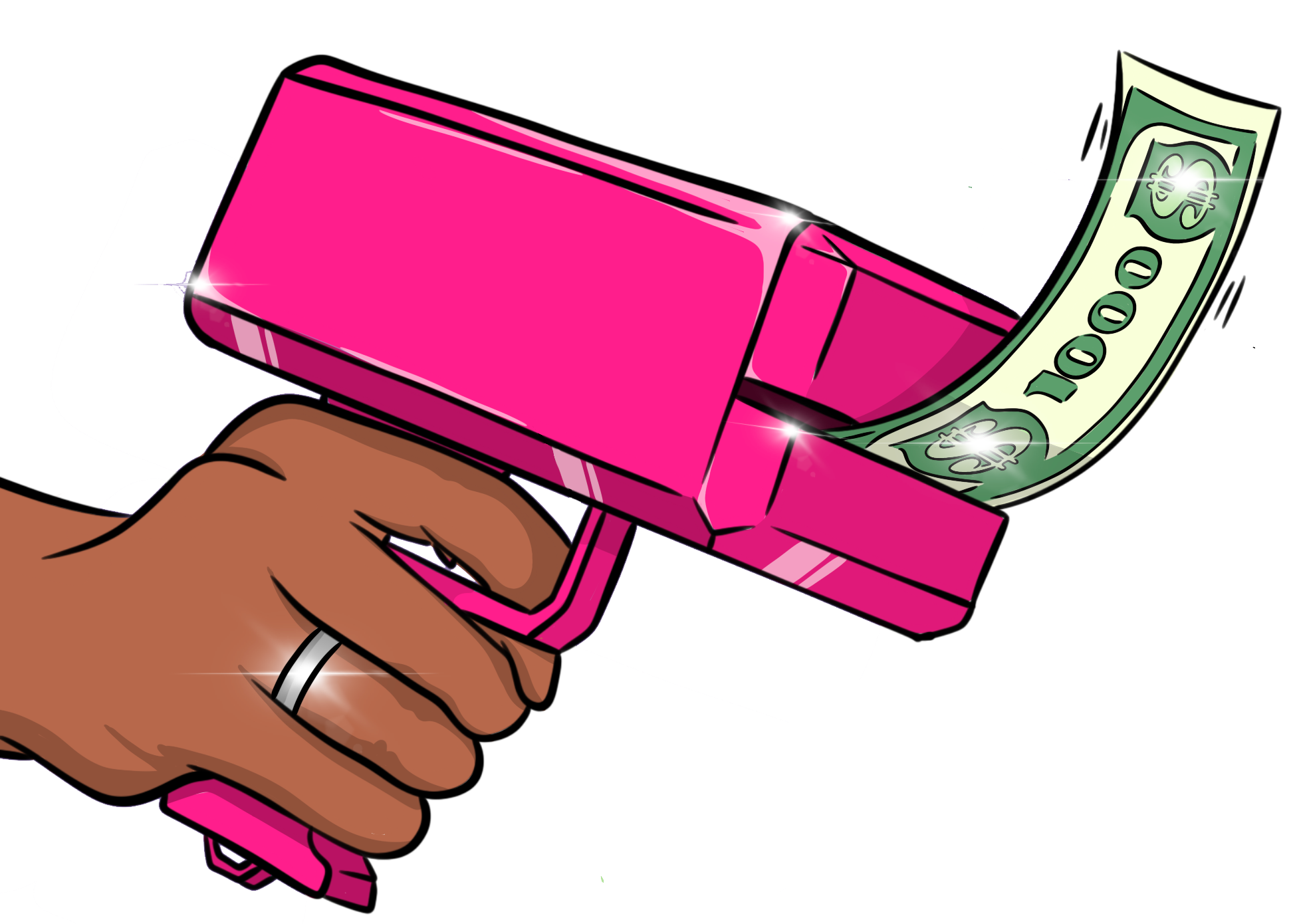“The liberation of trans people would improve the lives of everyone in our society.” - Shon Faye
Sex
Sex is a label that you are given by a doctor based on the genitals you’re born with plus the chromosomes & hormones you have. It goes on your birth certificate.
Some people's anatomy does not fit the typical definitions of male or female – they may be described as intersex, which I will talk about further down the line.
Sex is not to be confused with Sexuality – this is who you are attracted to.
Gender & Gender Identity
Gender is much more complex. It’s a social expectation from society about our behaviours, characteristics and thoughts. Each culture has varied expectations of how our genders should behave (gender roles). For example, ‘boys shouldn’t wear nail varnish and dresses‘.
Gender identity is how you feel inside and how you express your gender through clothing, behaviour and personal appearance. It’s a feeling that begins very early on in life.
It’s easy to confuse sex and gender, so just remember that biological or assigned sex is about biology, anatomy, and chromosomes. Gender is society’s set of expectations, standards, and characteristics about how men and women are 'supposed to act' according to society.
What Is 'Assigned Sex'?
Assigned sex is a label you’re given at birth based on medical factors, including hormones, chromosomes and genitals.
Some people call the sex we’re assigned at birth “biological sex.” But this term doesn’t fully capture the complex biological, anatomical, and chromosomal variations. Having only two options (biological male or biological female) might not describe what’s going on inside a person’s body.
Using ‘Assigned sex’ acknowledges that someone else made the decision for that person and it may not align with how they feel & identify or what is going on in their body.
What Does It Mean To Be 'Intersex'?
The factors that determine our assigned sex begin as early as fertilisation. Each sperm typically has either an X or Y chromosome and the egg typically has an X chromosome. When the sperm fertilises the egg its X or Y chromosome combines with the X chromosome of the egg.
A person with XX chromosomes usually has female reproductive organs like a vulva, womb, ovaries etc and secondary characteristics like boobs. They are then usually assigned as a female from birth.
A person with XY usually has male reproductive organs like a penis, testicles etc and secondary characteristics like facial hair, pecs etc. They are then usually assigned as a male from birth.
However, sometimes other arrangements of chromosomes, hormones and body parts can happen, and that person may be referred to as ‘intersex‘.
Intersex is an umbrella term that describes physical bodies that fall outside the strict male/female binary (binary means two distinct opposite forms, some people may refer to themselves as ‘non-binary’), there are lots of ways someone can be intersex.
Sometimes doctors perform surgeries on intersex babies and children to make their bodies fit binary ideas of “male” or “female”. This is widely disputed as often it can often cause more harm in the long run and it is not needed for their health.
Being intersex is a naturally occurring variation in humans, and it isn’t a medical problem — it is also way more common than most people realise – as common as those with ginger hair.
There are many different ways someone can be intersex. Some intersex people have genitals or internal sex organs that fall outside the male/female categories — such as a person with both ovarian and testicular tissues.
Other intersex people have combinations of chromosomes that are different from XY & XX, like XXY. And some people are born with external genitals that fall into the typical male/female categories, but their internal organs or hormones don’t. Many people can go their whole lives without knowing they are ‘intersex’.
It's important to remember that there is no wrong way to have a body and all of us are worthy of love, respect and pleasure.
Transgender Vs Cisgender
As said further up, most of us who are assigned our sex at birth identify also as that gender – this is called ‘Cisgender’.
Some of us have a gender identity that does not match the sex we were assigned at birth, for example, someone can be born with a vulva, uterus etc but they identify as male. These people may be referred to as ‘Transgender‘.
Transgender can also includes people who don’t identify with either male or female gender roles. They may also refer to themselves as ‘Genderqueer ‘, ‘Androgynous’ ‘Non-Binary’ and many more.
Offensive terms include, transgendered, transvestite, tranny, or, he-she — they’re old-fashioned and can be hurtful. It’s always best to respect the words people use to describe themselves.
If you are struggling with your gender there are psychosexual therapists and gender dysphoria clinics that can help.
Sexuality
Sexuality describes how you express yourself sexually. Part of your sexuality is your sexual orientation (who you are into) and the other part is what you enjoy and how you enjoy it.
Sexuality can take time to explore and can be fluid (can change). It can feel like you have to fit into a box, but it’s important to remember, that your sexuality is unique to you and valid. You don’t have to come out if you don’t feel comfortable, if ever.
Some Sexual Orientation Types
Asexual
Describes a lack of sexual attraction. You people may experience romantic attraction, but they do not feel the urge to act on these feelings sexually. It is different from celibacy or abstinence.
Homosexual
An outdated term rooted in the fields of medicine and psychology that refers to individuals who experience sexual, romantic, or emotional attraction to people of the same or a similar gender.
Lesbian
A female-identifying person who experiences sexual, romantic, or emotional attraction to people of the same or a similar gender. Some women who are lesbians may also refer to themselves as gay or queer, while others prefer the label lesbian.
Pansexual
Sexual, romantic, or emotional attraction towards people regardless of their sex or gender identity. Pansexual people may refer to themselves as gender-blind, asserting that gender and sex are not determining factors in their romantic or sexual attraction to others.
Bisexual
Romantic attraction, sexual attraction, or sexual behaviour toward more than one sex or gender. It may also be defined as romantic or sexual attraction to people of any sex or gender identity, which is also known as pansexuality.
Heterosexual
Used to describe people whose enduring physical, romantic, and/ or emotional attraction is to people of the opposite gender. Also straight.
Androsexual/Androphilic
Being primarily sexually, aesthetically, and/or romantically attracted to masculinity.
Demisexual
People on the asexual spectrum who do experience some sexual attraction, but only in certain situations, like after they’ve formed a strong emotional or romantic connection with a partner.
Skoliosexual
Being primarily sexually, romantically, and/or aesthetically attracted to genderqueer, transgender, and/or non-binary people.
Amazing Resources for Gender & Sexuality
Here are some great resources and charities for those looking for support with their gender and sexuality.
Sharing Spaces - The Trevor Project











